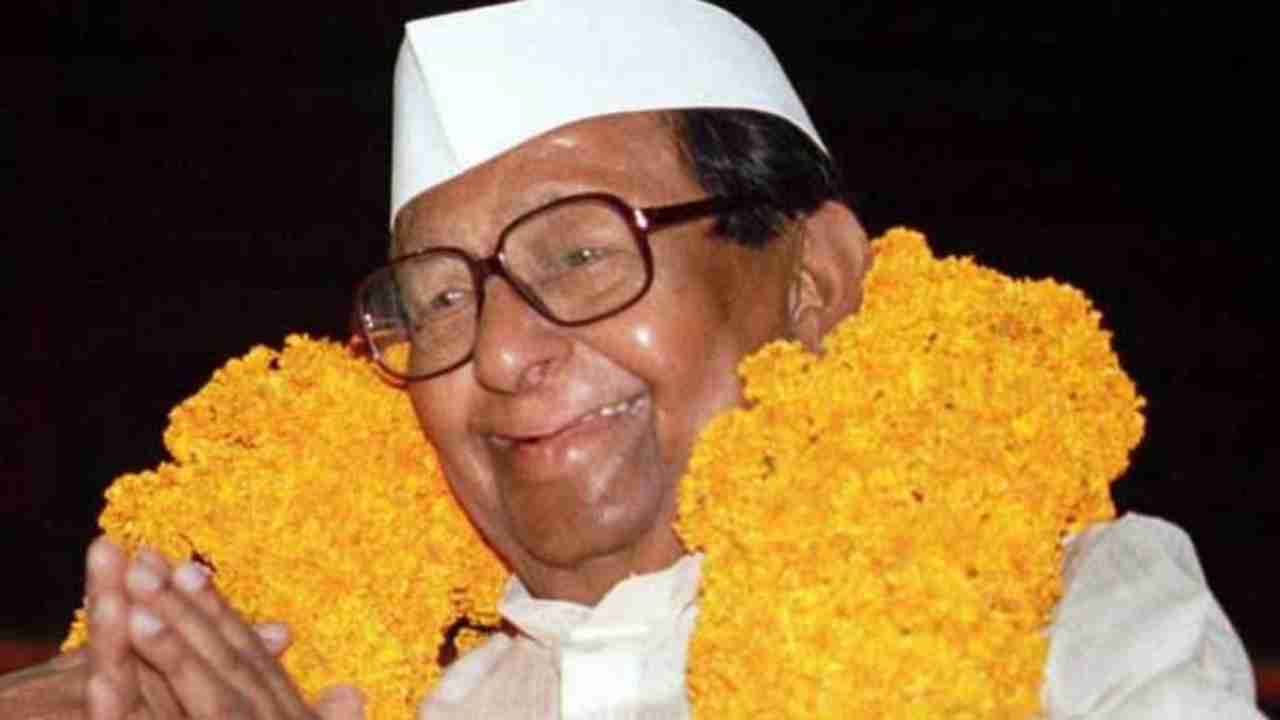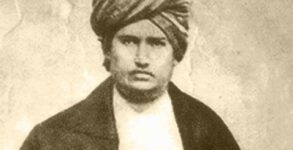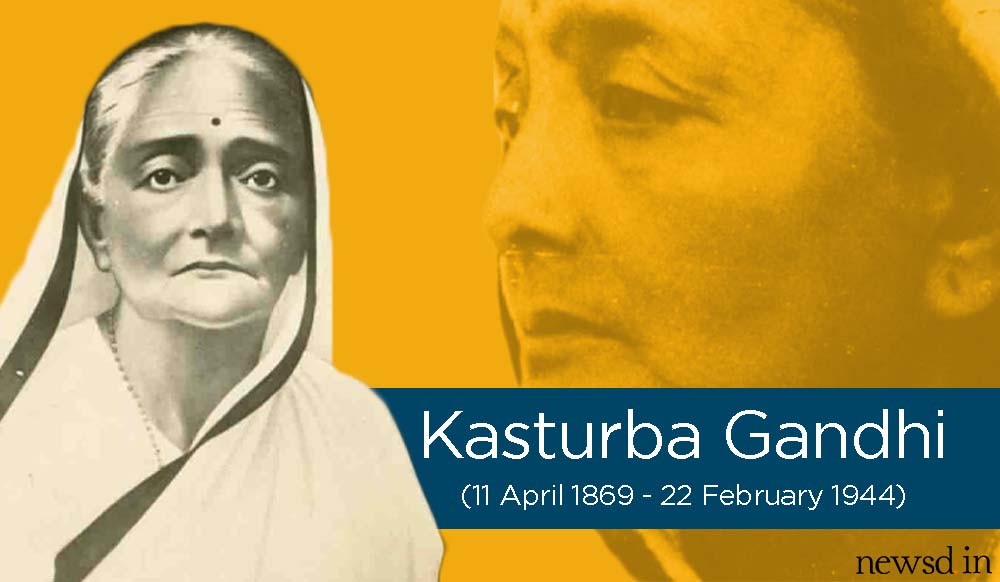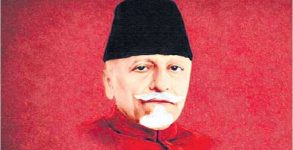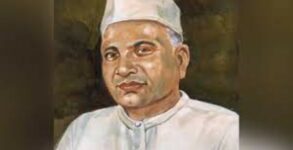Sitaram Kesri must have been the loneliest of Congressmen. He lived his last days in a private planet of unrewarded loyalty and powerlessness, and died in self-chosen isolation. His evolutionary tale ran parallel to the life and times of his party, the most defining political force of 20th century India. It was struggle, liberation, power, absolute power, decline, and stagnation.
Something that can be said about Kesari too. Four years ago, when he became the Congress president, the moment should have been the logical culmination of a career steeped in eternal virtues of the most obedient Congressman.
There was even a kind of celebration at the lowest level – the grassroots partymen: one of us could make it. Not charismatic, non-elitist, and still Kesari became the elected boss. The humble Seva Dal worker, the treasurer … now the supreme leader without a privileged surname.
As keeper of the party treasury for 17 years, he was the most trusted one, and the popularity was there in the slogan of the time: khata na bahi, jo Kesri kahe wohi sahee (Whatever Kesri says is the truth).
The keeper of over Rs 10,000 crore deserved it. Reward for being reliable, hardworking and reasonably inconspicuous. Thankfully, the Dynasty was in a to-be-or-not-to-be mood. Still, the nation will not remember Kesri for his symbolism.
He has immortalised himself by parading his ambition, rather, his dream. It was the belated freedom of the erstwhile servile when Kesri thought, at long last, prime ministership was within reach. For once, H.D. Deve Gowda, the victim of Kesari’s Dream Unbound, and who was not particularly known for his turn of phrases, came out with an apt description of his tormentor: “an old man in a hurry”. India missed a prime minister, and, for a while, had instability, and finally, yet another mid-term election.
There was a spartan charm about the last Congressman in a Gandhi topic. For instance, he preferred gaddi-bolsters-spitoon to chair-and-table in his office. A far cry from the Gucci-Cartier subculture of the Congress. A notable contribution of his party presidency was the return of the prodigal – Madhavrao Scindia, Arjun Singh and N.D. Tiwari.
He facilitated the merger of the Congress (Tiwari) with the parent party. He was the one who brought Manmohan Singh, the liberalisation pioneer, to the Congress Working Committee. Simultaneously – and paradoxically – he projected himself as the second Mandal messiah. He devoted a considerable part of his energy to fight phantoms of Brahminical forces.
Understandable because he was an outsider. With the stated objective of reclaiming alienated vote banks, Kesri called his own ascent a resurgence of the backward classes within the Congress. To further his cause, he turned against the man who made it possible for him to become party president.
He humiliated P. V. Narasimha Rao left the office of chairman of the Congress party in Parliament. That made him a soft target for Sonia loyalists who had by then swelled the Congress ranks.
In between he ventured to conduct party polls and faced a challenge from younger leaders such as Sharad Pawar and Rajesh Pilot. Though he secured a convincing victory, the downward march had begun. The Sonia brigade didn’t have to try much to author an unceremonious Kesari exit. There were public perception surveys that termed his leadership “aged and jaded”.
The Soniaites forced him to withdraw support to the Gujral government on the issue of the Jain Commission observations on the DMK and thrust an election on the nation. They used the results for another leadership change.
The 79-year-old man, who once placed his Gandhi topi at Sonia’s feet entreating her to take over the Congress, was virtually booted out. Sonia brought him back to the Congress Working Committee as a special invitee.
The rehabilitation warmed Kesri’s heart and he continued to offer his counsel whenever it was sought. When Congressmen disenchanted with the methods of 10 Janpath turned to the grand old man for solace, Chacha was as benevolent as ever. His successor’s inability to bring the party to power led many Congress leaders to cry over his shoulders.

